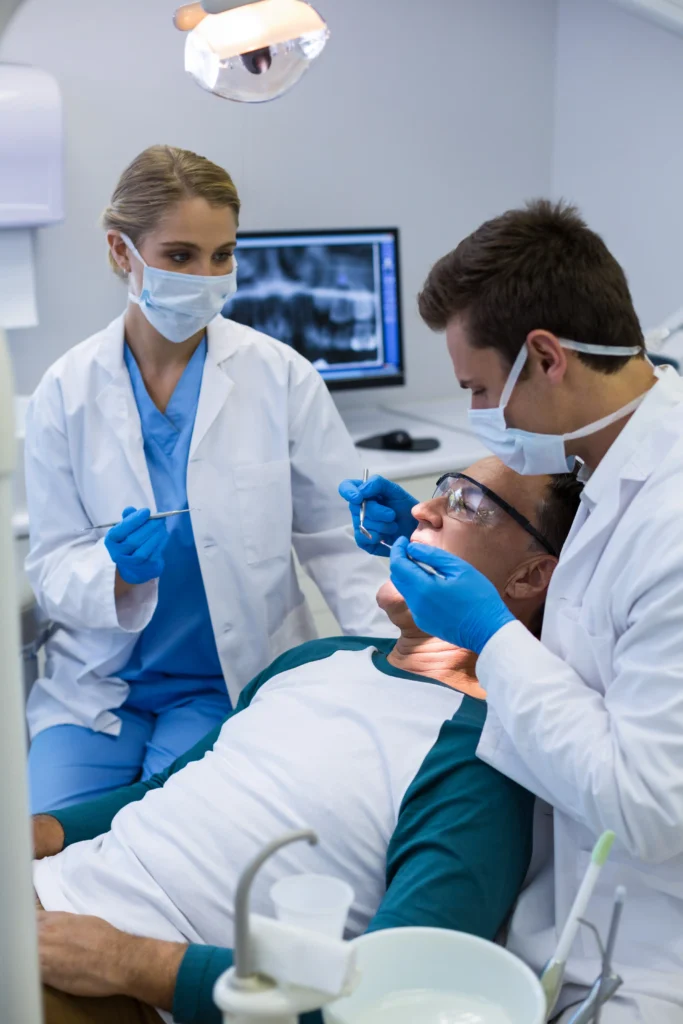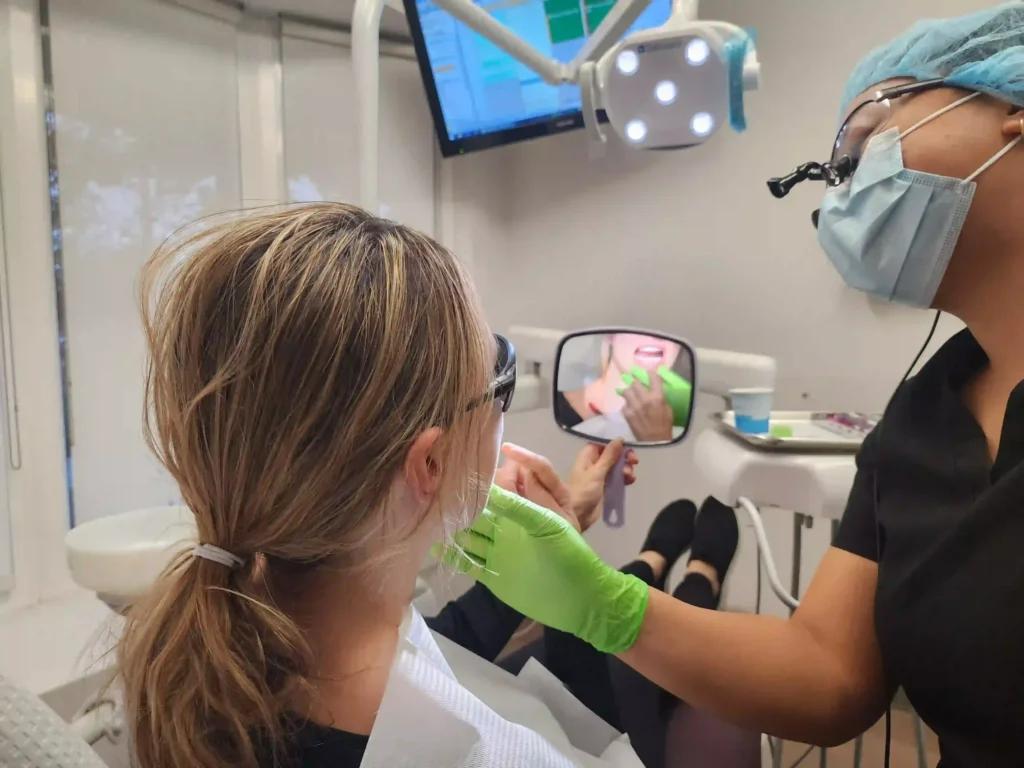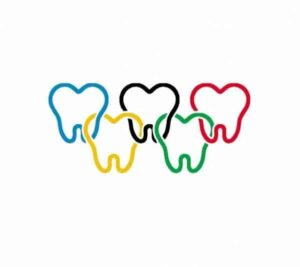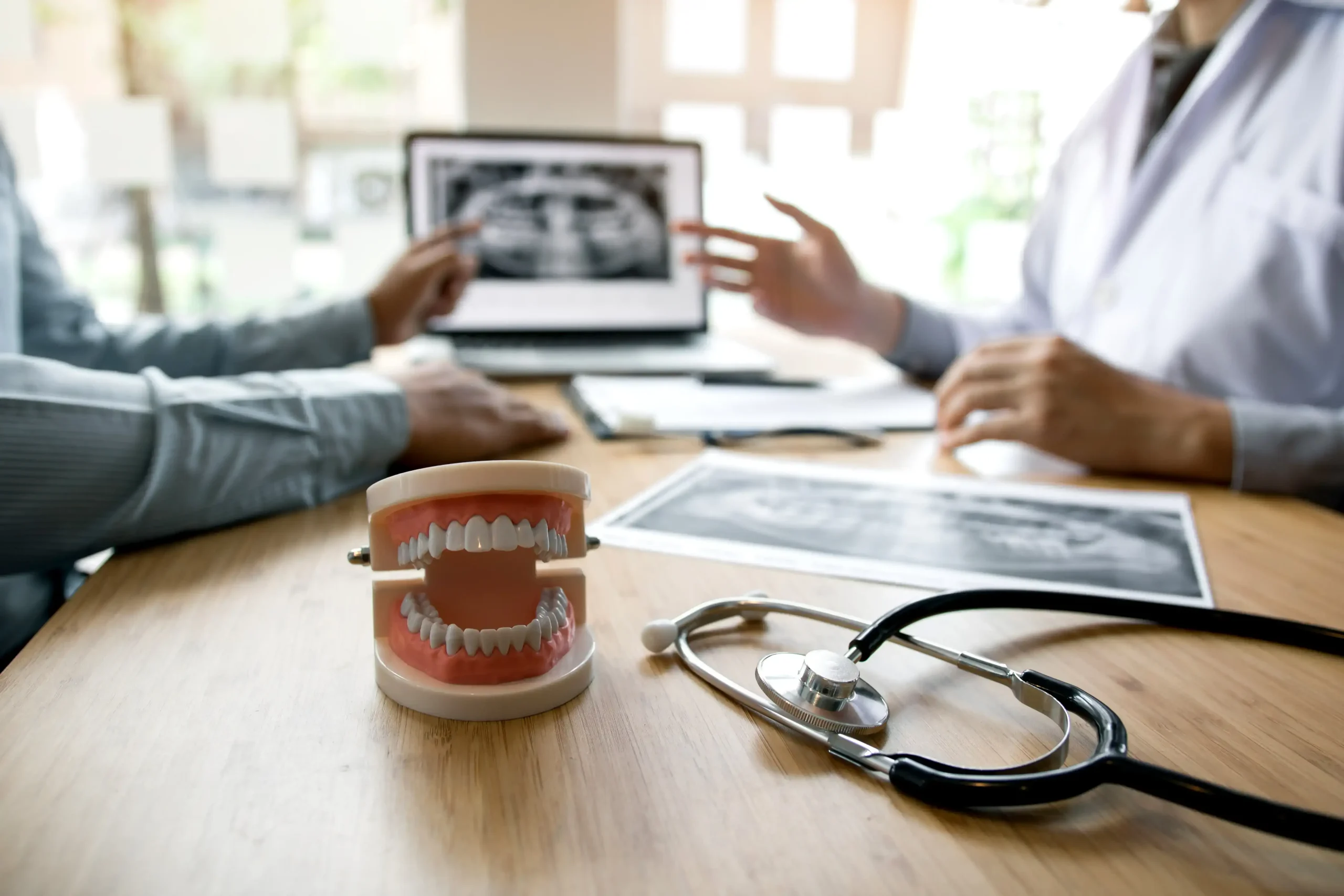Dental emergencies can occur at any time, often when you least expect them. Knowing how to recognize these situations and understanding the necessary steps to take can make a significant difference in your oral health. Here are six dental emergencies that require immediate attention.

1. Knocked-Out Tooth
A knocked-out tooth is one of the most alarming dental emergencies. It can happen due to sports injuries, falls, or accidents. If you find yourself in this situation:
Act Quickly: Time is crucial. Try to see a dentist within 30 minutes.Handle the Tooth Carefully: Pick the tooth up by the crown (the top part), avoiding the root.Rinse and Store: Rinse it gently in water, but do not scrub. Place it back into the socket if possible or store it in a glass of milk or saline solution.
2. Severe Toothache
A sudden, intense toothache can indicate an underlying issue such as an infection or decay. Here’s what to do:
Rinse Your Mouth: Use warm water to clean your mouth.
Use Pain Relief: Over-the-counter pain relievers can help until you reach the dentist.
Seek Professional Help: This type of pain signals that you need to see a dentist as soon as possible to determine the cause.
3. Cracked or Fractured Tooth
A cracked tooth can result from biting down on something hard or an injury. Symptoms may include pain and sensitivity. Here’s how to handle it:
Avoid Chewing: Stop using the affected side of your mouth to prevent further damage.
Rinse and Protect: Rinse your mouth with warm salt water and consider using dental wax to cover sharp edges.
Visit Your Dentist: Contact your dentist immediately for an evaluation and treatment options.
4. Lost Filling or Crown
If you lose a filling or crown, it can lead to pain and increased risk of infection. Here are steps to take:
Keep the Area Clean: Rinse your mouth gently with warm salt water.
Temporary Solutions: You can use dental cement (available at pharmacies) to cover the area temporarily.
Schedule a Dental Appointment: Reach out to your dentist as soon as possible to avoid complications.
5. Abscessed Tooth
An abscess is a painful infection at the root of a tooth or between the gum and a tooth. It can lead to serious health issues if untreated. Here’s how to recognize and respond:
Identify Symptoms: Look for swelling, severe pain, fever, or a bad taste in your mouth.
Do Not Squeeze: Avoid trying to pop the abscess yourself, as this can spread the infection.
Seek Urgent Care: Contact your dentist right away; they may prescribe antibiotics and drainage if necessary.
6. Gum Injury or Bleeding
Injuries to the gums can occur from various sources, including trauma or certain dental procedures. Here’s what to do:
Rinse Your Mouth: Use warm salt water to clean the area gently.
Apply Pressure: If there’s bleeding, apply gentle pressure with a clean cloth or gauze.
Consult Your Dentist: If bleeding continues for more than 10 minutes or if there is severe pain, get professional help immediately.
Conclusion
Recognizing dental emergencies and knowing how to respond can save your teeth and protect your overall health. Always prioritize immediate communication with your dentist for any urgent issues. Regular dental check-ups can also help prevent many of these emergencies from occurring in the first place.
By staying informed and prepared, you can ensure that you handle these situations effectively and maintain a healthy smile for years to come.
FAQs About Dental Emergencies
1. What constitutes a dental emergency?
A dental emergency includes situations like a knocked-out tooth, severe toothache, cracked or fractured tooth, lost filling or crown, abscessed tooth, and gum injuries or bleeding. Any situation that causes significant pain, injury, or risk of infection is considered an emergency.
2. How quickly should I see a dentist after a dental emergency?
It’s best to see a dentist as soon as possible, ideally within 30 minutes for a knocked-out tooth or within a few hours for other emergencies. Prompt treatment can often save the tooth or prevent further complications.
3. Can I treat dental emergencies at home?
While some initial care can be performed at home (like rinsing with salt water or using over-the-counter pain relievers), it’s crucial to consult a dentist for proper diagnosis and treatment. Home remedies should not replace professional care.
4. What should I do if my tooth is knocked out?
If your tooth is knocked out, handle it carefully by the crown, rinse it gently, and try to place it back into the socket. If that’s not possible, store it in milk or saline, and see a dentist immediately.
5. How can I prevent dental emergencies?
Regular dental check-ups, maintaining good oral hygiene, being cautious with hard foods, and wearing protective gear during sports can help prevent many dental emergencies.
6. What are the signs of an abscessed tooth?
Signs of an abscessed tooth include severe tooth pain, swelling in the gums, a bad taste in the mouth, fever, and sensitivity to hot or cold temperatures. If you experience these symptoms, seek dental care promptly.
7. Is it normal to experience bleeding gums?
While occasional gum bleeding can result from brushing too hard or flossing improperly, consistent bleeding may indicate gum disease or injury. If bleeding persists, consult your dentist.
8. What should I do if I lose a filling or crown?
If you lose a filling or crown, rinse your mouth with warm salt water and avoid chewing on that side. You can use temporary dental cement if available and schedule an appointment with your dentist as soon as possible.




